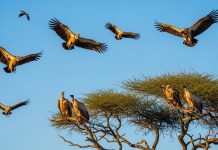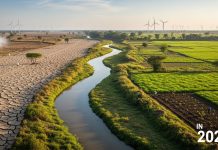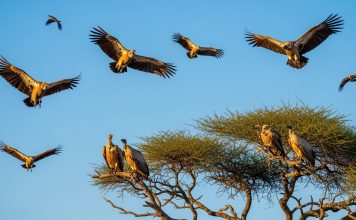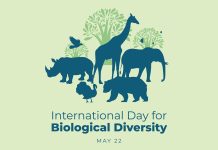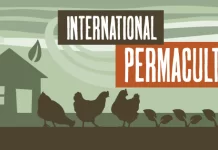National Threatened Species Day
Every year on September 7th, Australia marks National Threatened Species Day, a day to reflect on the growing challenges faced by the country's unique...
FG launches 10-year plan to combat elephant poaching and preserve wildlife
With Nigeria's elephant population teetering on the brink of collapse, the Federal Government has launched a lifeline—the 10-year National Elephant Action Plan (NEAP)—to combat...
Federal government approves 700 consultants for environmental audits
In an attempt to champion Nigeria’s environmental conservation, over 700 consultants have been accredited for environmental audits and reviews of establishments' compliance with environmental...
World Population Day
The official day for global population issues is World Population Day, celebrated on July 11 each year. This year's theme is "To Leave No...
Nigeria’s minister of environment delivers keynote at first international conference on afforestation and reforestation...
Balarabe Abbas Lawal, Nigeria's Minister of Environment, delivered an impactful speech at the inaugural International Conference on Afforestation and Reforestation, held from July 2nd...
Nigeria to establish environmental crimes tribunal
The Nigerian government is taking a major step towards safeguarding the environment by actively pursuing the creation of a dedicated tribunal to hold accountable...
BATN Foundation unveils strategic plan for rural empowerment and sustainable development in Nigeria.
Lagos, Nigeria - BATN Foundation, building upon its impressive achievements in the last twenty years, has unveiled its strategic plan for the upcoming five...
Celebrating the International Day for Biological Diversity 2024: Be part of the plan
As May 22nd approaches, the international community prepares to commemorate World Biodiversity Day, a significant event dedicated to acknowledging the diverse array of life...
Celebrating International Permaculture Day: In Support of Soil
On May 5, 2024, people worldwide will come together to commemorate International Permaculture Day (IPD), a day devoted to recognizing and encouraging sustainable living...
130 whales rescued from mass beach stranding in Western Australia
In a touching demonstration of teamwork and resolve, more than 130 pilot whales were successfully guided back to the ocean after a tragic mass...


